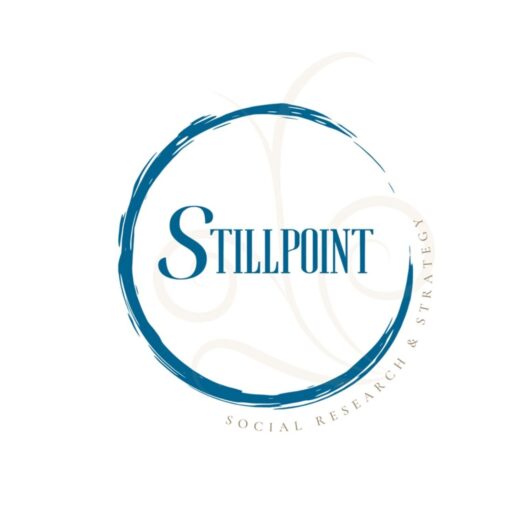August 2022
Last month the World Health Organization called for feedback on the draft summary of the Global Report on Health Equity for Persons with Disabilities. The report’s authors note that compared to those without disability, people with disability are more likely to die prematurely, have poorer health, live in poverty, and experience barriers to social and economic participation.
The report argues that improving equity of access to health services will improve life expectancy, quality of life, and social and economic opportunities for people with disability, benefitting society as a whole. This in turn will help to achieve the United Nations’ ambitious Sustainable Development Goals.
One in seven people globally lives with a disability, about 15% of the world’s population, with most living in low- or middle-income countries. This number is rising as people live longer with chronic conditions, populations age, and many people still experience limited access to preventive or curative treatment. War contributes to an increase in acquired disability over the life span while also disproportionately affecting people with disability caught in conflict zones. Health crises such as the Covid-19 pandemic also have a greater impact on those with disability, with higher morbidity and mortality rates than individuals without disability.
One in six of us in Australia, over 4.4 million people, live with a disability. Many of us who do not currently have a disability will acquire one in our lifetime. Millions of people living with disability are economically independent, fully engaged in education or employment without requiring any special support, and are in good health. However, too many people with disability continue to experience discrimination and barriers to community, educational and workforce participation, leading to poor health, social and economic outcomes.
We are living in an important decade. Australia’s Disability Strategy 2021-2031 sets out a vision for “an inclusive Australian society that ensures people with disability can fulfil their potential, as equal members of the community”. This vision aligns with the UN’s Decade of Healthy Ageing as well as its Decade of Action for Sustainable Development, with the stated goal of leaving no one behind. Removing barriers to full participation in society – whether attitudinal, physical, communication, or financial – is essential to ensure that each of us, whatever our ability, can contribute to the world we live in.
With eight years left to 2030, there is much to do. Human beings do better when people look out for each other. The principle of treating others the way we would like to be treated is a good foundation for overturning the barriers that many people with disability experience on a daily basis. Meeting the aspirations for 2030 will require leadership at all levels of government and community – from each of us – to reimagine our systems and structures so that we all can fulfil our potential as equal members of society.

